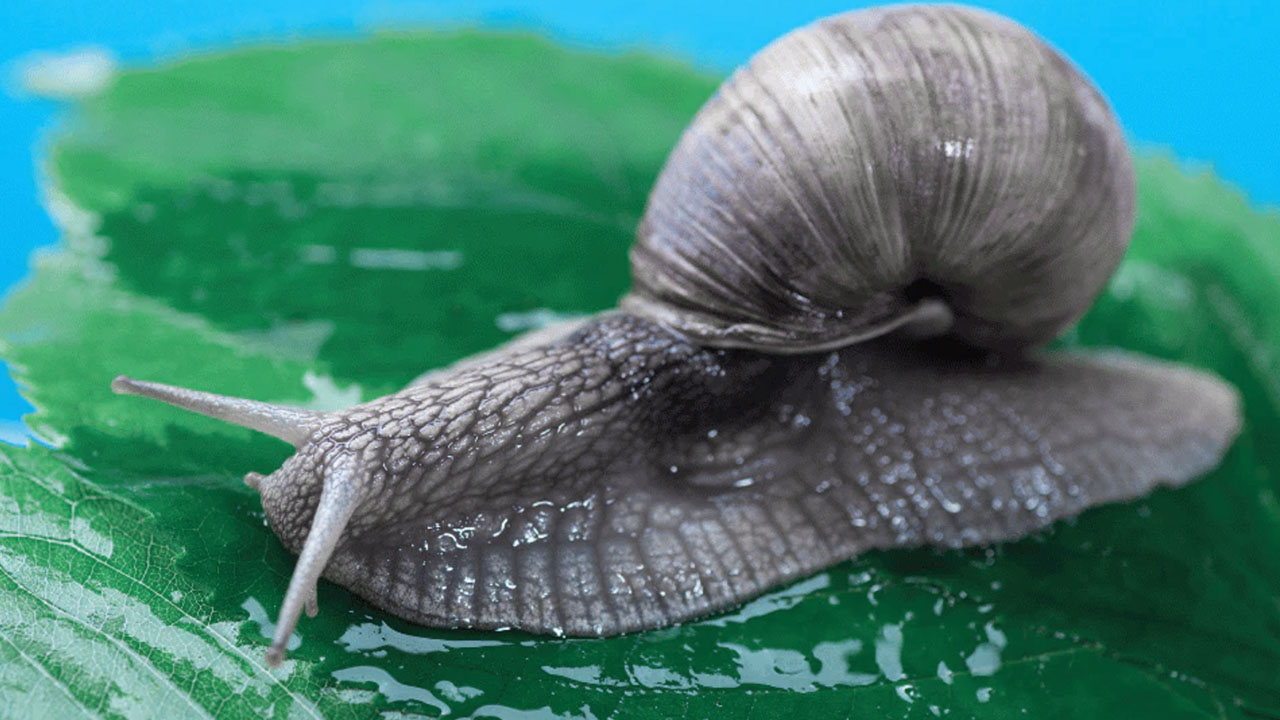Snail farming, or heliciculture, is an agricultural venture that, although niche, offers significant returns and sustainability due to the increasing demand for snail meat both domestically and internationally.
In Nigeria, this sector has garnered attention due to its low startup costs, minimal space requirements, and the high profitability of mature snails. This comprehensive guide explores the intricacies of starting and scaling a snail farm in Nigeria, leveraging technology for efficient operations and robust sales.
The Essentials of Snail Farming in Nigeria
Understanding Snail Breeding in Nigeria: Snail farming begins with selecting the right breed. The most common and commercially viable snail species in Nigeria is the Giant African Land Snail (Achatina achatina). This species is favored due to its size, growth rate, and adaptability to the Nigerian climate.
Setting Up Your Snail Farm: To start a snail farm, you’ll need a controlled environment that mimics the snail’s natural habitat. This can be a simple structure like a hutch, a plastic tunnel, or a greenhouse set up to protect snails from harsh weather conditions and predators. The enclosure should be moist and dark, with soil rich in calcium and other minerals to promote shell development.
Feeding and Care: Snails are vegetarians and thrive on a diet rich in fruits, vegetables, and calcium supplements. Proper nutrition is crucial for their growth and reproduction. Regular feeding, clean water provision, and proper handling will ensure your snails grow healthy and fast.
Harvesting and Market Readiness: Snails typically reach maturity within a year to 18 months. Mature snails are harvested, processed, and then prepared for sale. The market for snail meat is vast, not only within local Nigerian markets but also internationally, particularly in the culinary industry.
Leveraging Technology in Snail Farming
Automated Environmental Controls: Advanced farming can utilize technology to regulate environmental conditions, ensuring optimal humidity and temperature are maintained, which are critical for snail survival and growth.
Digital Record Keeping: Implementing software solutions for record-keeping helps in monitoring the growth patterns, health, and productivity of the snails. Efficient data management aids in making informed decisions about scaling operations and managing inventory.
Online Marketing and Sales: Technology serves as a catalyst for business growth through digital marketing. Creating an online presence for your snail farm can attract a broader audience. Platforms like social media, company websites, and online marketplaces are excellent channels for marketing and selling snail products.
E-commerce Integration: Setting up an online store for direct sales can significantly expand your market. Utilize e-commerce tools that allow customers to place orders directly. This system reduces the middle-man and can increase profitability.
Overcoming Challenges in Snail Farming
While snail farming can be highly profitable, it also comes with its set of challenges. Predation, diseases, and climatic vulnerabilities are some issues farmers face. Employing proper farm management practices, regular health checks, and controlled breeding environments can mitigate these risks. Understanding market demands and fluctuating prices also play crucial roles in the business’s success.
Economic Impact and Profitability
Snail farming in Nigeria not only contributes to the local economy by creating jobs but also provides a sustainable source of protein. The profitability of snail farming hinges on the operational efficiency and the effective marketing of the snails. Snails fetch a high price in the market, particularly mature ones, which are in high demand in the restaurant industry and among health-conscious consumers.
Frequently Asked Questions (FAQs)
Q1: What is the best breed of snail in Nigeria?
The Giant African Land Snail (Achatina achatina) is considered the best breed for commercial snail farming in Nigeria due to its size and growth rate.
Q2: How long does it take a snail to mature in Nigeria?
It typically takes about 12 to 18 months for a snail to mature in Nigeria, depending on the breed and environmental conditions.
Q3: Is snail farming profitable in Nigeria?
Yes, snail farming is quite profitable in Nigeria, thanks to low overhead costs, high demand for snail meat, and the premium price of mature snails.
Q4: What are the problems with snail farming in Nigeria?
Challenges include vulnerability to diseases, predation, and the necessity for controlled environments. Market fluctuations and initial setup costs can also pose challenges.
Q5: How much is a matured snail in Nigeria?
The price of a mature snail can range from 250 to 600 Naira, depending on the market and the size of the snail.
Q6: How can I feed my snail to grow faster in Nigeria?
To accelerate growth, provide a balanced diet rich in calcium, vegetables, and fruits. Ensure consistent feeding and optimal living conditions to promote faster growth.
Snail farming in Nigeria offers a viable option for entrepreneurs looking to enter a lucrative and growing field. With strategic planning, proper management, and the use of technology, it presents an opportunity to tap into a market that appreciates sustainable and healthy food choices.
Subscribe to our Newsletter
Stay updated with the latest trends in African technology!






































